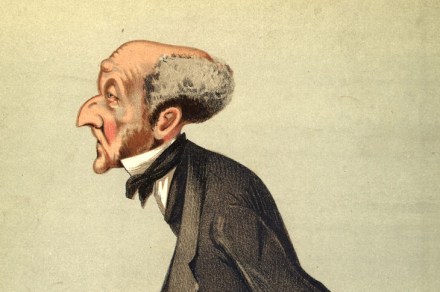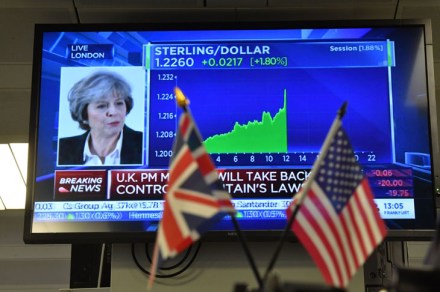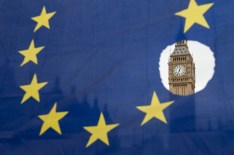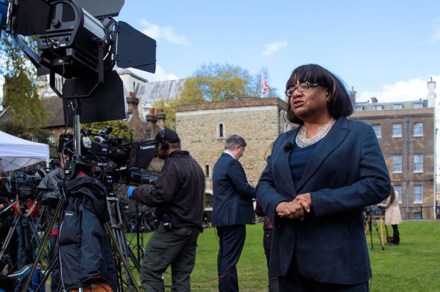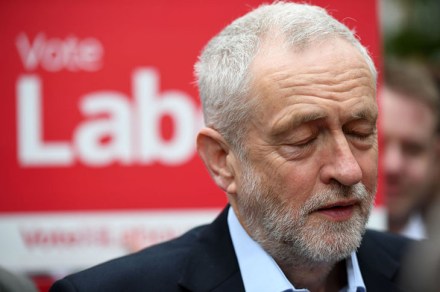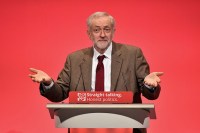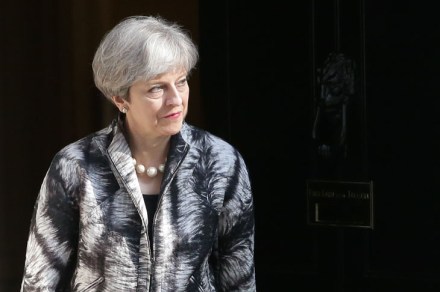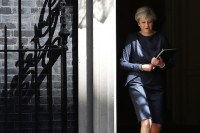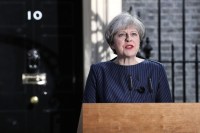Stupid is as stupid votes
John Stuart Mill is usually credited as the person who first called the Conservatives ‘the stupid party’, but that isn’t quite accurate. Rather, he referred to the Tories as the stupidest party, and he didn’t mean that it was more stupid than every other party in the country, just the Liberals. If you substitute the Lib Dems for the Liberal party, that probably isn’t true any more, and it certainly isn’t true if you include Labour in the mix. No, I think there is now a strong case for passing the crown to Jeremy Corbyn’s party. If you look at Labour’s leaders, this is a very recent development. Harold Wilson
